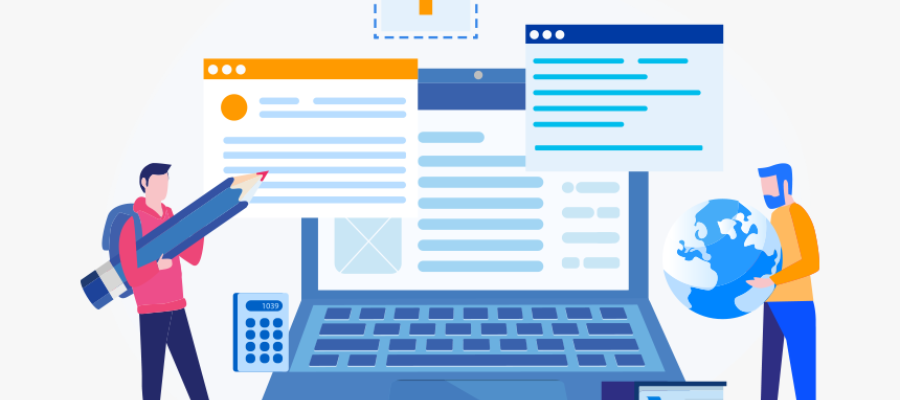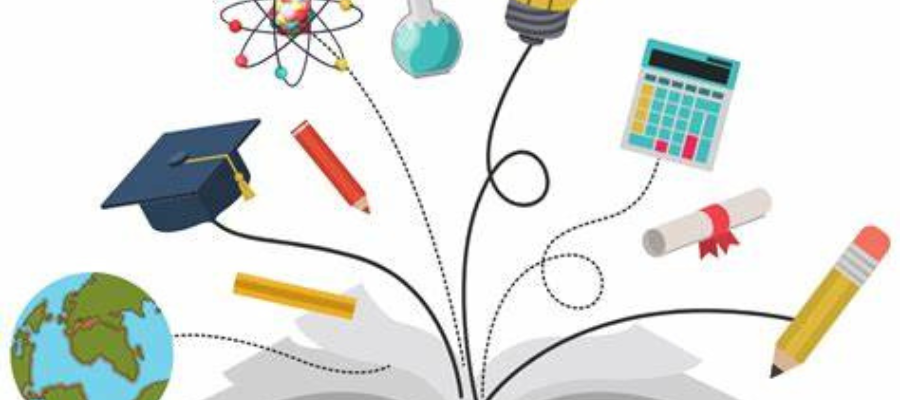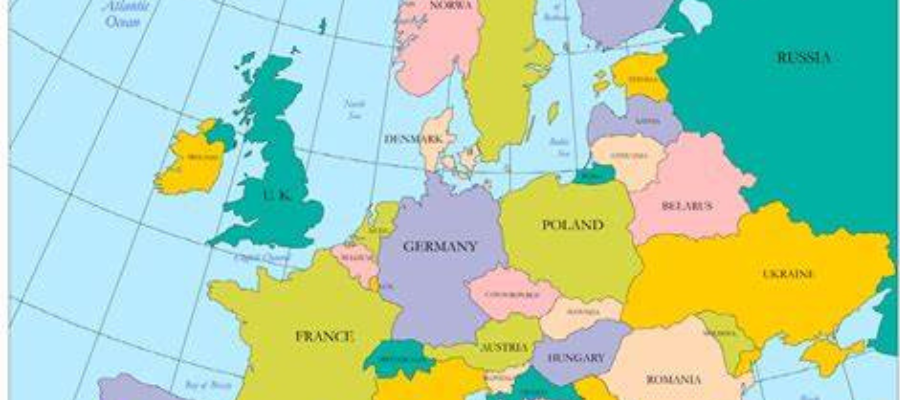How to Become a Pilot After 12th


Humans have long envied the flying birds, dreaming that they too could one day sprout wings and take to the skies. The first airplanes looked like giant cardboard shuttles that would not remain stable in strong winds. We have come a long way since then, from luxurious crafts like the A380 to futuristic airliners like the Gulfstream. The first thing that comes to mind when you think about piloting such planes is flying high in the sky, above the clouds, as you are bathed in the golden rays of the sun. The very next thing has to be the high costs and difficulty level of the course. That is a modern myth because becoming a pilot is all that hard or pricey as it’s made out to be. This might get you wondering, how to become a pilot in India after 12th? How much money is required to become a pilot?
Educational Requirements for Aspiring Pilots
A. Importance of Strong Academic Foundation in 12th
For prospective pilots, a strong academic foundation in the 12th grade is essential. The majority of respectable aviation schools and airlines need a minimum of 50% in their 12th grade, with a focus on math and physics. These courses serve as the foundation for comprehending difficult aeronautical calculations and ideas that are necessary for piloting an airplane.
B. Additional Certifications to Boost Your Application
While not mandatory, obtaining additional certifications can significantly enhance your pilot application. Consider pursuing courses in aviation meteorology, air traffic control fundamentals, or basic aircraft maintenance. These certifications demonstrate your commitment to the field and provide valuable knowledge that complements pilot training.
C. Subjects that Enhance Your Pilot Career Prospects
During and after high school, concentrating on particular subjects might significantly increase your chances of becoming a pilot. Since they are the foundation of aviation principles, physics and mathematics are crucial. In the aviation sector, being able to communicate clearly in English is essential. Additionally, studying geography can aid in understanding navigation and weather patterns.
For those wondering “can a commerce student become a pilot,” the answer is yes, but additional science courses may be necessary to meet the requirements. Regardless of your stream, a strong grasp of these subjects will provide a solid foundation for your pilot training and career.
Types of Pilot Licenses and Their Prerequisites
Each license offers different privileges and requires specific pilot eligibility qualifications. Let’s explore the main types of pilot licenses available:
A. Airline Transport Pilot License (ATPL)
The ATPL is the highest level of aircraft pilot license. Prerequisites include:
- Minimum age of 21 years
- At least 1,500 hours of flight time
- Commercial pilot license (CPL)
- Instrument rating
- Passing written and practical exams
B. Commercial Pilot License (CPL)
The CPL allows pilots to fly for compensation or hire. Requirements include:
- Minimum age of 18 years
- At least 250 hours of flight time
- Private pilot license (PPL)
- Instrument rating
- Passing written and practical exams
C. Private Pilot License (PPL)
The PPL is the most common license for recreational flying. Prerequisites are:
- Minimum age of 17 years
- At least 40 hours of flight time
- Passing written and practical exams
D. Student Pilot License
This is the starting point for aspiring pilots. Requirements include:
- Minimum age of 16 years
- Medical certificate
- Basic English proficiency
Steps to Become a Pilot After 12th
A. Gain Flight Experience
Start by gaining some hands-on flight experience. Discovery flights or introductory flying lessons are a common first step for aspiring pilots. These can offer you a taste of what it’s like to be in the cockpit and help you decide if piloting is really your passion.
B. Enroll in a Pilot Training Program
Once your interest has been verified, sign up for an extensive pilot training course. These courses are intended to teach you the information and abilities you need to become a skilled pilot. The pilot course fees in India usually range from INR 30 lakhs to INR 40 lakhs. Seek for courses that provide instruction in both theory and practice.
C. Clear Entrance Exams
You must pass particular entrance tests in order to enroll in an aviation school or pilot training program. These tests usually measure your proficiency in English language, maths, physics, and aptitude. Get ready for these tests in order to improve your chances of getting in.
D. Pass Medical Examinations
Becoming a pilot requires excellent physical and mental health. To make sure you fulfill the requirements specified by aviation authorities, you will have to pass stringent medical exams. These exams usually consist of hearing testing, vision tests, and general health evaluations.
E. Research and Choose Flight Schools
Making the correct choice for your pilot training flying school is essential. Look into several flight schools in India, taking into account things like their track record, fleet of aircraft, training facilities, and graduate success rate. To make sure your training satisfies industry requirements, look for institutions that have been certified by the Directorate General of Civil Aviation (DGCA).
Building Flying Hours and Experience
Ways to Accumulate Flight Time
Being a flight teacher is one of the best methods to accrue flight hours. By doing this, you can increase the amount of time you spend flying while simultaneously strengthening your own abilities and knowledge. Looking for chances to engage in skydiving, banner towing, or aerial photography is an additional choice. These positions can be a great way to get experience and frequently call for pilots with less hours.
Opportunities for Internships and Apprenticeships
Aspiring pilots can enroll in internship programs offered by numerous airlines and aviation businesses. These courses offer insightful industry exposure and can result in employment offers. Furthermore, a few local airlines provide cadet programs that let you work toward accruing the necessary hours while earning real-world experience in a work environment.
Importance of Simulator Training
Training with simulators is essential to a pilot’s progress. Pilots can rehearse a variety of scenarios, including emergency circumstances, in today’s very realistic flight simulators without incurring the risks or expenses of real flying. Frequent simulator training can greatly improve your abilities and get you ready for real-world flying situations.
Career Paths and Opportunities for Pilots
A. Cargo Airlines
Cargo pilots play a crucial role in global logistics, transporting goods and materials across the world. This career path offers unique advantages, including:
- Flexible schedules
- Less passenger interaction
- Opportunity to fly larger aircraft
- Potential for international routes
B. Private Charter Services
For those seeking a more personalized flying experience, private charter services offer an exciting career option. As a charter pilot, you’ll:
- Fly high-net-worth individuals and corporate clients
- Experience diverse destinations and aircraft types
- Enjoy a more intimate flying environment
- Potentially earn higher salaries compared to commercial airlines
C. Military Aviation
Joining the military as a pilot can be an excellent way to gain experience and serve your country. Military aviation offers:
- Rigorous training and advanced skill development
- Opportunity to fly cutting-edge aircraft
- Structured career progression
- Benefits such as education assistance and healthcare
D. Commercial Airlines
Perhaps the most well-known career path, commercial airline pilots enjoy:
- Stable career prospects
- Opportunities for domestic and international travel
- Competitive salaries and benefits
- Potential for career advancement to senior pilot positions
With the help of this guide, you can be well on your way to becoming a pilot after 12th. However, it is possible to get stuck at any point of the process. Don’t give up your aspirations. Contact Aara Consultancy to give wings to your dreams! We will take you through each step of the process, from the documentation to the application.
We provide 360° Solution for your Education Needs. Contact us







